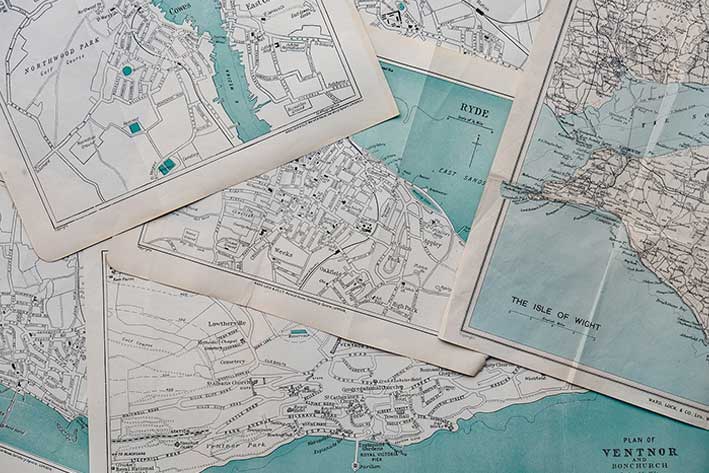Course Information
Course Description
The Geography course for A Levels is designed to enhance learners' knowledge, understanding, and skills in various aspects. It focuses on in-depth subject content, independent thinking, application of knowledge, critical evaluation of information sources, logical reasoning, and effective communication in English.
Course Objectives
The course aims to achieve the following educational purposes:
- Develop awareness of the relevance of geography in understanding and addressing contemporary environmental issues.
- Understand the key elements of physical geography and human geography, and the interdependencies between them.
- Comprehend the processes operating at different scales within physical and human environments.
- Cultivate a sense of space, place, and location.
- Explain the causes and effects of change over space and time in physical and human environments.
- Recognise the significance of scale in geographical studies.
- Appreciate diverse approaches to analysis and explanation in geography.
- Enhance knowledge, application, and utilisation of skills and techniques, including fieldwork.
- Foster accuracy, objectivity, and critical thinking in collecting, processing, and interpreting geographical data.
- Interpret and evaluate various sources of information.
- Develop the ability to present structured, coherent, and evidence-based arguments.
Course Outline
The Geography course covers a wide range of topics and offers various options to learners. Some of the core subjects include:
Core Physical Geography:
- Hydrology and fluvial geomorphology
- Atmosphere and weather
- Rocks and weathering
- Tropical environments
- Coastal environments
- Hazardous environments
- Hot arid and semi-arid environments.
Core Human Geography:
- Population; Migration
- Settlement dynamics
- Production, location and change
- Environmental management
- Global interdependence
- Economic transition.
Student Acquisitions
Upon completion of the course, students will:
- Demonstrate an understanding of key geographical concepts and their applications.
- Apply critical thinking and analytical skills to evaluate environmental problems.
- Explain the interdependencies between physical and human geography.
- Assess the impacts of change on physical and human environments.
- Utilise various geographical skills and techniques, including fieldwork, for data collection and analysis.
- Present well-structured arguments supported by evidence.
Learning Methodologies
The course incorporates a variety of learning methodologies, including:
- Engaging with in-depth subject content through lectures, readings, and multimedia resources.
- Conducting practical fieldwork to apply theoretical knowledge in real-world scenarios.
- Collaborative learning activities to encourage interaction and exchange of ideas.
- Utilising case studies to explore the relevance of geography in addressing environmental challenges.
- Developing critical thinking and problem-solving skills through analysis and evaluation of geographical information.





